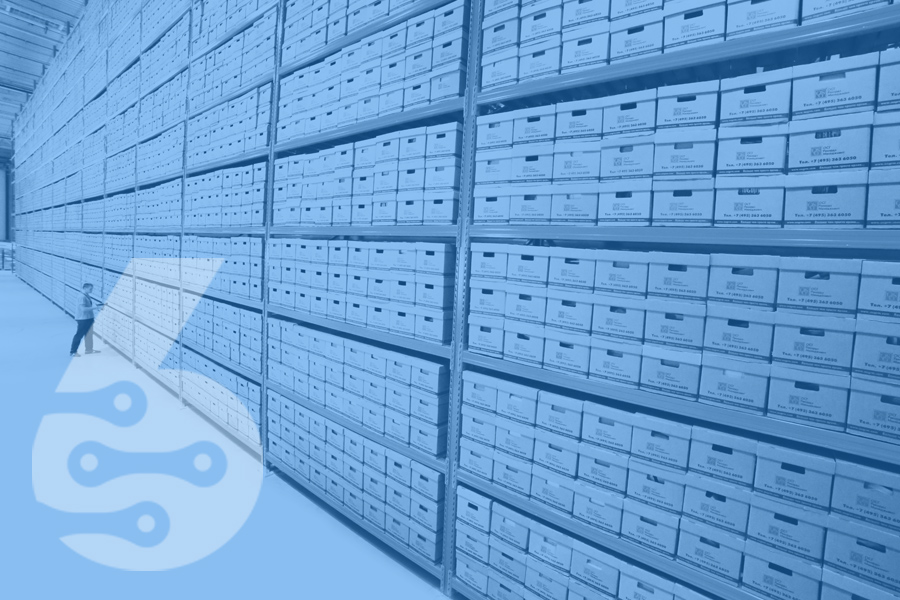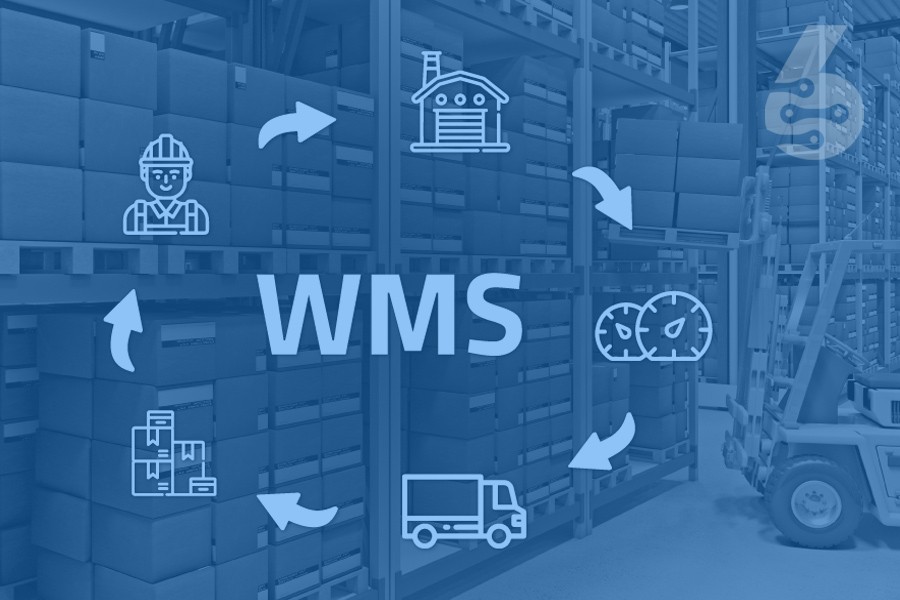Inventory is a list of items on hand expressed in quantity and value. The purpose of the inventory is to ensure that a company has enough materials and products to meet customer demand.
A company's inventory can be divided into two categories:
- Raw materials are the components used to create a finished product. For example, a furniture manufacturer would keep raw materials such as wood, fabric, and metal on hand for production.
- Finished goods: These products are ready to be sold to customers. For example, a clothing retailer would keep finished goods such as shirts, pants, and dresses in inventory.
The inventory level a company keeps on hand will depend on several factors, including the type of business, the production process, and customer demand. Too much inventory can tie up capital and lead to storage costs, while too little stock can result in lost sales. As such, companies need to strike a balance between these two extremes.
There are several different methods that businesses use to manage their inventory. These include just-in-time (JIT) inventory systems, economic order quantity (EOQ) models, and continuous review systems. JIT systems seek to minimize inventory levels by only ordering materials as they are needed for production. EOQ models help businesses determine the optimal order quantity for each purchase to strike a balance between the cost of inventory and ordering. Continuous review systems monitor inventory levels and place orders when the stock reaches a predetermined threshold.
While every business has different inventory needs, all companies must carefully manage their stock to meet customer demand while maintaining efficient operations.

Related Blog Articles

Warehouse management systems (WMS) explained – Managing modern businesses.
Warehouse operations are at the heart of many businesses, enabling the smooth and efficient flow of goods to customers. However, managing inventory, orders, shipping, and personnel in one or more warehouses is an enormously complex undertaking. Errors and inefficiencies in warehouse management can lead to product shortages, delayed shipments, and deteriorating customer service. At this point, a robust warehouse management system (WMS) is essential. A WMS is software that helps control...
Understanding Warehouse Management Solutions
A warehouse management system (WMS) is a software application that supports the day-to-day operations in a warehouse. A WMS helps to control and direct the movement of materials within a warehouse and plays an essential role in optimizing the efficiency of these operations. There are many things to consider when implementing a WMS, from the size and layout of your warehouse to the type of products you're storing. This blog...Related SIX ERP Solutions:
Want to see SIX for yourself?
Need help, have questions or want to get a free demo?
Please read our Privacy Policy on how we process personal data. We will never share your data!



